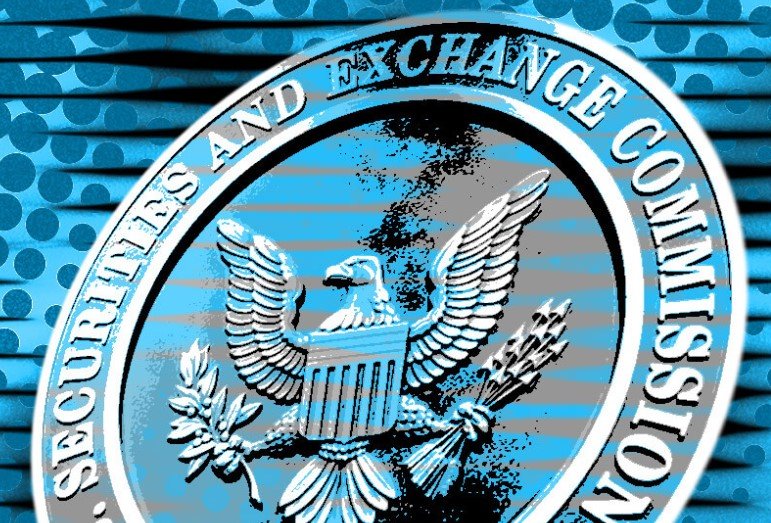In a recent development that has caught the attention of the financial world, House Republicans have called upon the Securities and Exchange Commission (SEC) to clarify its position on Prometheum’s custody of Ethereum’s Ether. This move underscores the growing need for clear regulatory frameworks in the rapidly evolving digital asset space.
The Heart of the Matter
The inquiry stems from Prometheum’s announcement that its subsidiary, Prometheum Capital, intends to offer custody services for Ether (ETH) to institutional clients. This decision has sparked a debate due to the SEC’s historical classification of ETH as a non-security digital asset, which would typically fall outside the purview of the SEC’s regulatory regime.
The letter from the House Republicans emphasizes the urgency for the SEC to address this ambiguity, which could have significant implications for the digital asset markets. The lawmakers are seeking clarity on several points, including the SEC’s willingness to address non-compliance by a Special Purpose Broker Dealer (SPBD) and the regulatory classification of ETH.
The Regulatory Conundrum
The SEC’s response, or lack thereof, to Prometheum’s plans is pivotal. It could set a precedent for how digital assets are treated under U.S. securities law, especially in light of the evolving nature of cryptocurrencies. The lawmakers’ letter points to the potential “irreparable consequences” for the digital asset markets if the SEC’s stance remains unclear.
This situation is further complicated by the fact that the Commodity Futures Trading Commission (CFTC) has previously identified ETH as a commodity, leading to a regulatory tug-of-war between the two agencies. The SEC’s current silence on the matter only adds to the uncertainty surrounding the legal status of ETH and similar digital assets.
Implications for the Future
The outcome of this inquiry could have far-reaching effects on the digital asset industry and its stakeholders. A clear stance from the SEC would not only affect Prometheum’s operations but also provide much-needed guidance for other entities navigating the complex landscape of cryptocurrency regulation.
The House Republicans’ demand for clarity reflects a broader call for transparency and consistency in digital asset regulation, which is crucial for maintaining market stability and fostering innovation in the sector.


 Bitcoin
Bitcoin  Ethereum
Ethereum  Solana
Solana  Cardano
Cardano  Chainlink
Chainlink  Avalanche
Avalanche  Sui
Sui  Polkadot
Polkadot  Mantle
Mantle  Bittensor
Bittensor  NEAR Protocol
NEAR Protocol  Internet Computer
Internet Computer  Cosmos Hub
Cosmos Hub  Algorand
Algorand  Aptos
Aptos  Filecoin
Filecoin  Render
Render  Arbitrum
Arbitrum  Jupiter
Jupiter  Sei
Sei  Stacks
Stacks  Injective
Injective  Celestia
Celestia  Pyth Network
Pyth Network  The Graph
The Graph  Optimism
Optimism  Immutable
Immutable  THORChain
THORChain  MultiversX
MultiversX  Akash Network
Akash Network  dYdX
dYdX  Flow
Flow  Illuvium
Illuvium  Kujira
Kujira  Manta Network
Manta Network  Metis
Metis  Dymension
Dymension